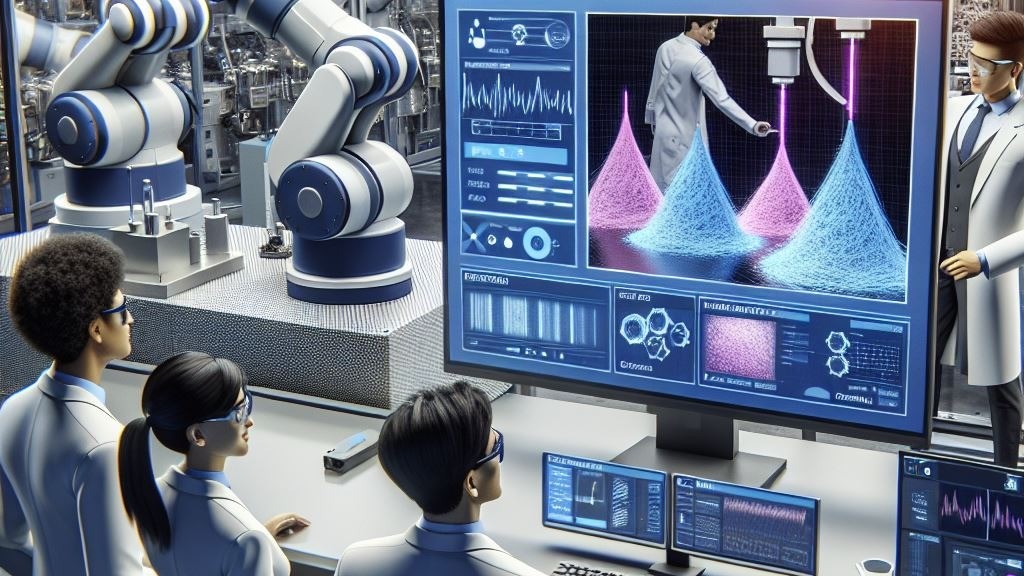In the ever-evolving world of technology, the use of Convolutional Neural Networks (CNN) has gained significant traction, especially in the realm of defect detection. CNN for defect detection is transforming how industries approach quality control, ensuring products meet the highest standards before reaching consumers. This article delves into how CNN is reshaping the landscape of defect detection and why it’s a game-changer for various industries.

Understanding CNNs and Their Role in AI
Convolutional Neural Networks, or CNNs, are a type of deep learning model specifically designed to process data that comes in grid-like topology, such as images. They are particularly effective for image classification and recognition, making them ideal for defect detection in industrial settings.
How CNNs Work
CNNs use a series of layers to extract features from input data. These layers include convolutional layers, pooling layers, and fully connected layers. Each layer plays a specific role in identifying and classifying defects with remarkable precision.
Applications of CNN in Defect Detection
CNNs are being utilized across various industries to enhance quality control processes. From manufacturing to pharmaceuticals, the potential applications are vast and varied.
Manufacturing Industry
In manufacturing, AI in visual quality control is critical. CNNs can quickly and accurately identify defects in products, ensuring that only those meeting the desired standards are shipped to consumers.
Pharmaceutical Industry
In the pharmaceutical sector, CNNs are used to detect defects in tablets and capsules, ensuring they are safe and effective for consumer use.
The Advantages of Using CNN for Defect Detection
The integration of CNNs into defect detection processes offers numerous advantages that contribute to improved quality control.
Increased Accuracy
CNNs provide a higher level of accuracy compared to traditional methods. They can detect even the smallest defects that might be missed by human inspectors.
Efficiency and Speed
The use of CNNs significantly reduces the time required for defect detection, as they can process thousands of images in a fraction of the time it would take a human.
Challenges and Considerations
While CNNs offer numerous benefits, there are challenges that industries must consider when implementing this technology.
Data Requirements
CNNs require large amounts of data to train effectively. Industries must ensure they have enough data to develop accurate models.
Integration with Existing Systems
Integrating CNNs into existing quality control systems can be complex and may require significant changes to current processes.
Future Trends in CNN for Defect Detection
The future of CNN for defect detection is promising, with ongoing advancements expected to further enhance its capabilities.
Enhanced Algorithms
Researchers are continually working to develop more sophisticated algorithms that can improve the accuracy and efficiency of CNNs in defect detection.
Broader Industry Adoption
As the benefits of CNNs become more evident, it is expected that more industries will adopt this technology to enhance their quality control processes.
Conclusion
The implementation of CNN for defect detection is revolutionizing quality control across various industries. With their ability to accurately and efficiently identify defects, CNNs are becoming an indispensable tool for ensuring product quality. As the technology continues to evolve, it will undoubtedly play an even more significant role in shaping the future of quality control.

FAQs
What is a CNN?
A CNN, or Convolutional Neural Network, is a type of deep learning model designed to process data in grid-like topology, such as images, making it ideal for defect detection.
How does CNN improve defect detection?
CNN improves defect detection by providing higher accuracy and speed compared to traditional methods, allowing for more efficient quality control processes.
What industries benefit from CNN for defect detection?
Industries such as manufacturing, pharmaceuticals, and electronics benefit from using CNN for defect detection, as it helps ensure product quality and safety.
This article contains affiliate links. We may earn a commission at no extra cost to you.

